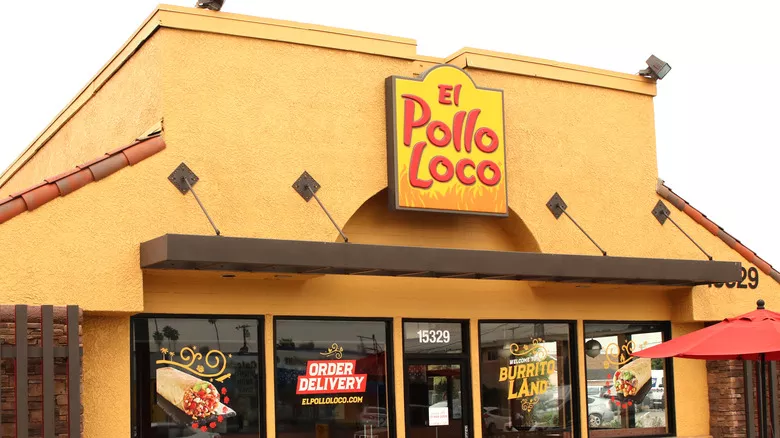McDonald’s has decided to stop its two-year test of an AI-driven voice ordering system developed in collaboration with IBM.
This system, known as automated order taking (AOT), was tested at 100 drive-through locations. An email memo sent to franchisees revealed that AOT will be discontinued by July 26, 2024, according to CNBC.
Despite this pause, McDonald’s remains optimistic about the future of voice-based ordering technology. In a statement to CNBC, the company expressed confidence in the potential of voice ordering solutions. “Our work with IBM has given us the confidence that a voice ordering solution for drive-thru will be part of our restaurants’ future,” the statement read. “We see tremendous opportunity in advancing our restaurant technology and will continue to evaluate long-term, scalable solutions that will help us make an informed decision on a future voice ordering solution by the end of the year.”
The suspension of AOT seems to be a temporary measure, aimed at refining and improving the technology before a broader launch. IBM also plans to offer its AOT system to other quick-service restaurants. However, performance issues might have contributed to the decision to halt the project. According to unnamed sources cited by CNBC, the system struggled with orders spoken in different accents and dialects, leading to accuracy problems and high operating costs, which frustrated franchisees.
In December 2023, McDonald’s announced a strategic partnership with Google Cloud, which is expected to play a significant role in its future voice-activated AI ordering systems. Brian Rice, McDonald’s Executive Vice President and Global Chief Information Officer, stated, “Connecting our restaurants worldwide to millions of data points across our digital ecosystem means tools get sharper, models get smarter, restaurants become easier to operate, and most importantly, the overall experience for our customers and crew gets even better.”
The partnership with Google Cloud could potentially surpass previous developments in scale and capability. However, McDonald’s CEO Chris Kempczinski has mentioned that IBM’s AOT will still be part of their technology systems in some capacity.
In 2019, McDonald’s acquired and rebranded the AI-based voice recognition firm Apprente. Later, in 2021, it sold its McD Tech Labs to IBM to speed up the deployment of AI voice ordering at its restaurants. That same year, McDonald’s also sold its Dynamic Yield dynamic ordering technology to Mastercard.
Following the sale of McD Labs to IBM, Kempczinski told investors that McDonald’s could not innovate at the forefront of technology while simultaneously selling billions of cheeseburgers.
Regulatory issues might have influenced the decision to stop AOT at McDonald’s drive-throughs. Based in Chicago, McDonald’s has faced challenges with Illinois’ Biometric Information Privacy Act (BIPA). In 2021, the company faced a $5 million class-action lawsuit alleging it violated BIPA by using voice recognition software without explicit user consent. The lawsuit claimed McDonald’s intended to monetize the collected data by identifying repeat customers and offering them special deals.
Another BIPA class-action suit followed in 2023, with similar complaints about the lack of consent in McDonald’s system.
The company denied collecting identifying demographic data or using voiceprints in its automated transactions.

